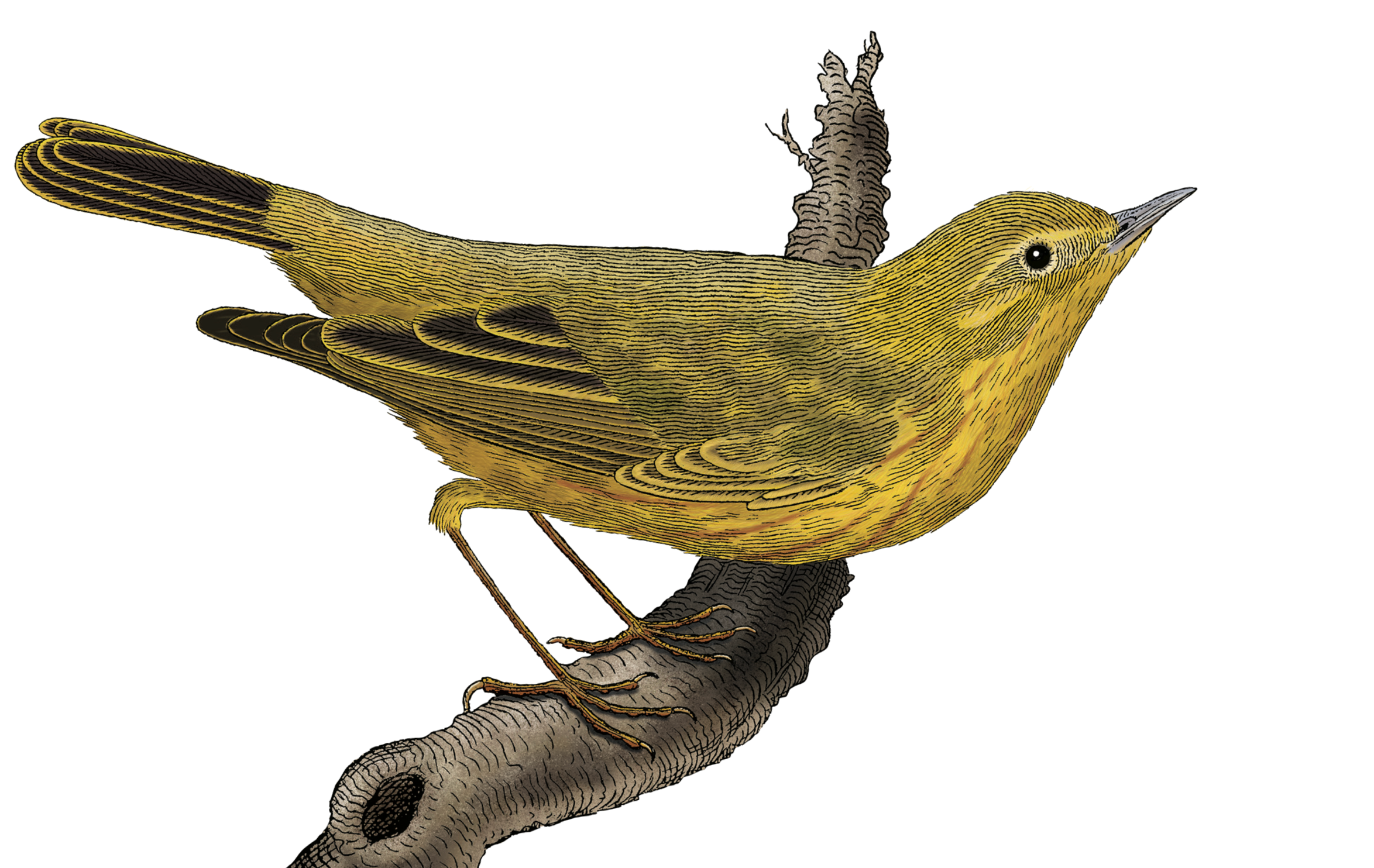
Designing AI Interfaces: An O'Reilly Book
An exploration of design, technology, and creative process in the digital age.
Please note, this website uses a large language model to generate the bio. Like humans, it may exaggerate, and is liable to misrepresent the truth. Please take everything written with a grain of salt.
The visionaries who founded the internet looked to create a world where human cognition could be extended and perfected1; a centralized repository for absolute truth.
My work is rooted in the belief that perfection is not human, and by extension, neither are our systems. Enhancing our lives with these tools means that technology won't provide absolute solutions, but instead improve the everyday tasks humans already perform. By sitting alongside us, paying close attention, and helping in ways that feel intuitive and humane, technology can deliver on its true promise.
Like the telescope or microscope, technology like AI can extend our capabilities2, making the world more thoroughly human: not by replacing human judgment, but by supporting it. In this world, tools reflect our intentions more clearly, enhance our creativity, and apply diligence to our human lapses.
Designing for that potential means creating systems that notice context, respect ambiguity, and respond with clarity and care - tools that don't just perform, but participate in the rhythm of human thought and action3.
At present I work on AI experiences at Microsoft, where I focus on clarifying and refining the interfaces for AI systems. I'm also writing Designing AI Interfaces1, a book for O'Reilly about the principles and challenges of designing for AI - how outputs are structured, how ambiguity is handled, and what it means to make these tools feel legible and responsive.
I speak regularly on these topics, and I co-host Away From Keyboard, a podcast about the history of the internet. I occasionally take on advisory work or join conversations with teams thinking seriously about AI.
To get in touch, you can reach me at [email protected] or find me on LinkedIn.
You can also read my thoughts on design and technology at Webwords, or explore the design system that powers this site.